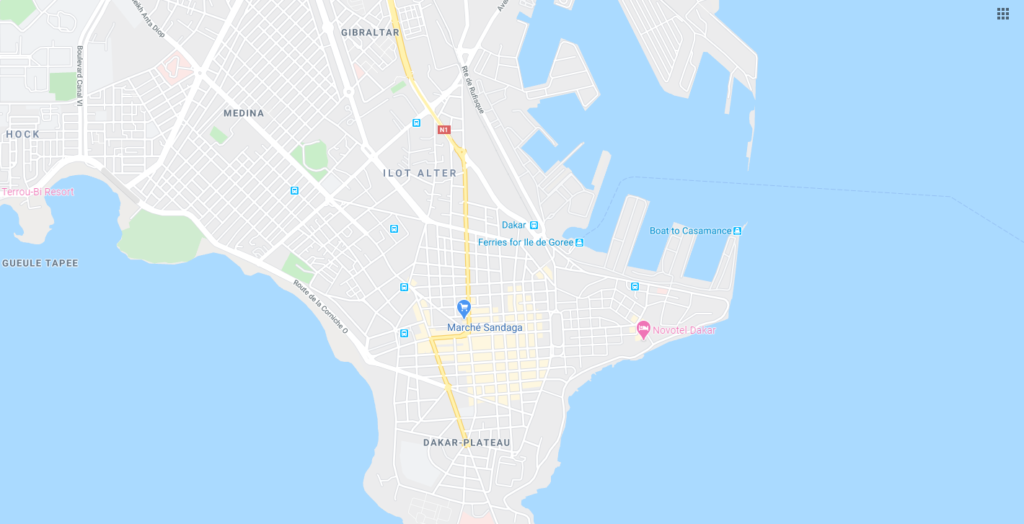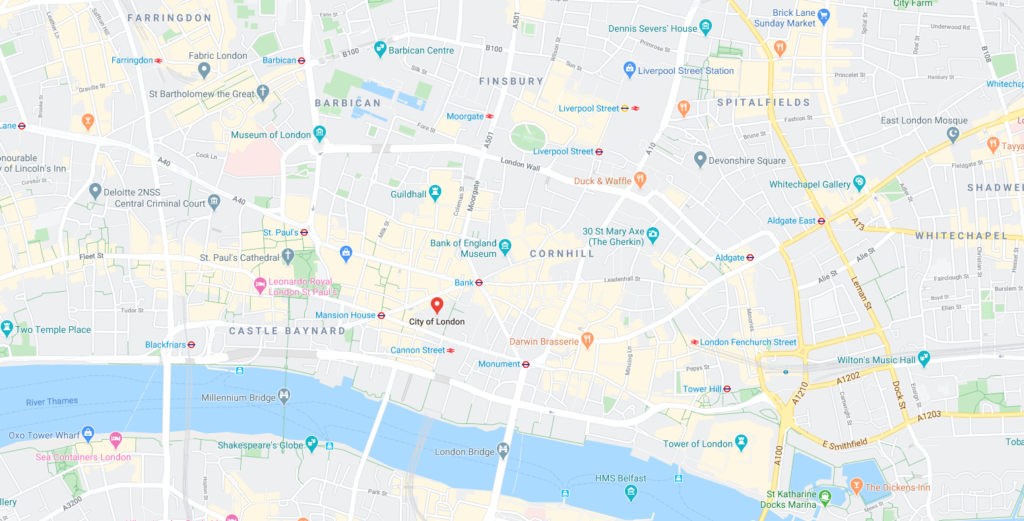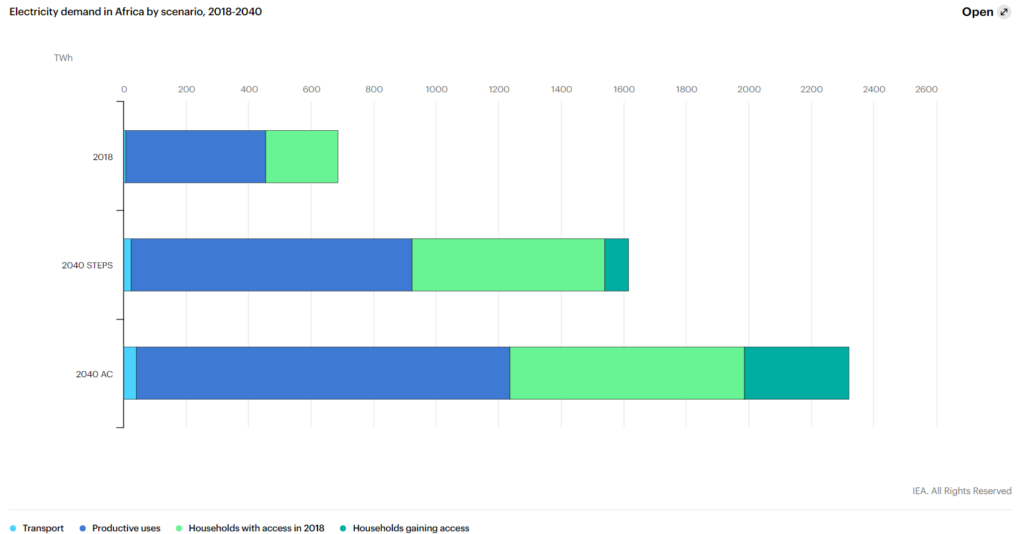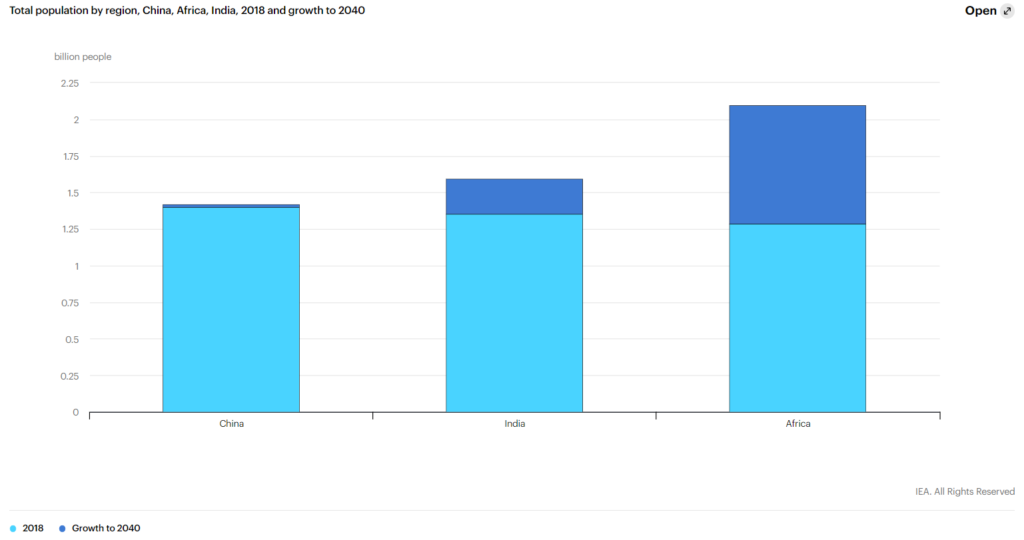[Another picture from one of my African trips🌞]
Thank you for your continuous support to read my articles and I hope you are still enjoying the insights I share with you. The cover picture is from my last trip to Africa where I enjoyed the freedom of quad!
This is the second article of the series dedicated to smart mobility perspectives. Here’s a recap of the three articles:
- The African context and why investments are not always successful (first article);
- Suggestions to implement smart mobility solutions and why it may be successful (second article);
- Examples of innovative mobility services and future perspectives (third article).
How to implement smart mobility services in Africa?
Learn from developed country best practices and experiences and custom them for Africa
Should we implement first world solutions? No! As mentioned recently by Intelligent Transport, “not only are they prohibitively costly from all angles, they assume first-world infrastructure, their features are a mismatch to local requirements, and first world suppliers do not understand local challenges”. My point of view is to put Africa first (that moto might be familiar to some of “US” in a different context…😃).
Peter Pedrick, CEO of Framework Africa, gives a first key answer to the implementation question stressing the importance to understand what already exists in terms of smart mobility services and figure out how to build upon in Africa. Hiten Parmar, Director at the National uYilo eMobility Programme (South Africa), suggests taking note on activities in developed countries to get the most out of them for Africa. He says “Africa needs to learn from challenges in cities around the world and take these lessons within reference to Africa – congestion, pollution, and safety.” In other words, copy/paste solutions will not be successful. To make it short, Hiten says, it is a two-way relationship: take the best practices from developed regions and “Africanise” them.
We need to Africanise solutions to maximise their success and impact
Here is my brief analysis of why implementing smart mobility options can be successful in Africa:
A (new) infrastructure to build: I feel like in our countries we have spent during the last decades a significant amount of resources to develop amazing infrastructure. However, the future of mobility might require its transformation to a point that we will need to destruct part of it to rebuild. Think about autonomous vehicles, hyperloops, shared mobility or even urban air mobility. These solutions need specific types of equipment that we are not, at the moment, in a position to properly offer in our old cities with weird street patterns. Look at the comparison below between Dakar and London where the street design in the Senegal Capital seems easier to work with than the one of London.


Gopi Krishna Reddy, CEO Afro International Technology For Societal Transformation Foundation, agrees with this vision and adds the legacy aspect of our infrastructure that almost does not exist in Africa. This freedom of action can make a difference as in Africa, we sometimes start from scratch. It is intuitive to understand it might be cheaper and easier to develop this new environment there. Can we think about pilots, trials and other cool initiatives in priority there? Maybe…
Electrifying Africa: Today, 590 million people in Africa live without electricity. With the electrification of mobility, how is this compatible? Forecasts say that by 2040, the Africa electricity demand will quadruple. While we are heading towards a low energy consumption environment in developed countries, this exponential market will without any doubt drive new investments and interests from energy providers. I also consider two other important factors. First, African countries are more advanced than we think in terms of low-carbon energy production. For example, in 2017 Kenya produced 77% of its electricity via renewable sources. Second, the mini electricity grid expansion enhanced by the fantastic decentralised African economy can be a great fit to the V2G features offered with EVs. Most of the electricity shutdowns happen during peak demand. What if the deployment of EVs, small mobile electricity storages, is part of the solution to balance the electricity demand/supply throughout the day and night?

Sharing is the norm: Based on my own experience, I can feel from the relationships I have built with locals that it is in their culture to share. Even if they do not possess a lot, they would still give and share with you whatever they can. This mindset is reflected in the way they live, eat or move. Look at the incredible well-established network of on-demand buses. Sorry again to be direct but I laugh a lot when I hear projects trying to implement on-demand bus services in the EU qualified as disruptive. Wake up, this exists for years and decades in Africa!

On-demand buses is a disruptive innovation? Wake up, this exists for years and decades in Africa!
People are open to technology and innovation: Again from my personal experience I can affirm that Africans are good with technology. No cliché here but Africa is a big hub for hackers (good and bad ones). The continent also hosts innovations such as Sun Exchange (see the 1:30 min video below) a micro fundraising network for decentralised solar energy production, or the 3D printer made from tech wastes developed by Kodjo Afate Gnikou.
Sun Exchange presentation video
Africans can make the difference, “no matter how many problems they are facing” said Gopi, “they always hope for a better future.” Together with a young population (~60% of the population is <25), the introduction of tech implying new user behaviours seems to face fewer human barriers than in our more conservative countries.
There’s a growing population: Africa is urbanizing faster than any other continent, at a rate of 4% every year, compared to the global average of 2% [WEF]. By 2023, the continent will become the world’s most populous region, overtaking China or India [IEA]. Gopi told me that the middle class is growing. In this massive population, even if a very small % of it can afford smart mobility services, it may be enough to create an attractive market. Finally, the fact that today most Africans cannot afford a private vehicle and have to use alternative modes of transport represents a significant advantage against our countries where private ownership is a strong barrier to overcome.
By 2023, the continent will become the world’s most populous region, overtaking China or India

The next article will cover the existing and future smart mobility perspectives in Africa including the competitive advantage of the continent and its main barriers.
Thank you again to the fantastic experts who shared valuable insights for these articles:
- Driss Sefrioui, Partner at AltRaise;
- Gary Vermaak, Project Developer at Harambe;
- Gopi Krishna Reddy, CEO Afro International Technology For Societal Transformation Foundation
- Hiten Parmar, Director at the National uYilo eMobility Programme (South Africa);
- Peter Pedrick, MD of Electrical Conformance Board and CEO of Framework Africa;
- Rob De Jong, Head of the Air Quality and Mobility Unit at the United Nations Environment Programme.
Please note the following limitation: I am mindful that it is presumptuous to conclude what is true for a part of Africa is true for the entire continent but I have to start somewhere and I’ll try to bring more granularity in my next series!
As always, please share your opinion and engage with me 😊
About Me
Frederic is a Consultant at Neckermann Strategic Advisors. He holds an MBA from Imperial College London Business School and a Master’s Degree in Business Engineering from UMons. He supports companies in understanding how the Mobility Revolution will change their business. Frederic is the co-author of multiple smart mobility research reports and one of the contributors to the Global New Mobility Coalition led by the World Economic Forum. He is also a mobility guest lecturer at Universities, a blogger @ Frederic-john.com and mentors mobility start-ups in London and Singapore. He is fluent in French and English and also speaks some Spanish and Dutch.
The views expressed in this article are personal and do not represent the opinion of my employer or any other parties I am involved with. The suggested insights come from my discussions, research and analyses.

